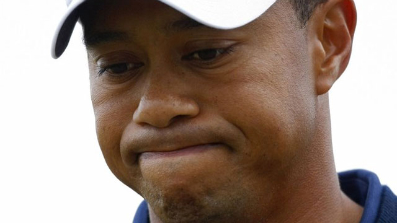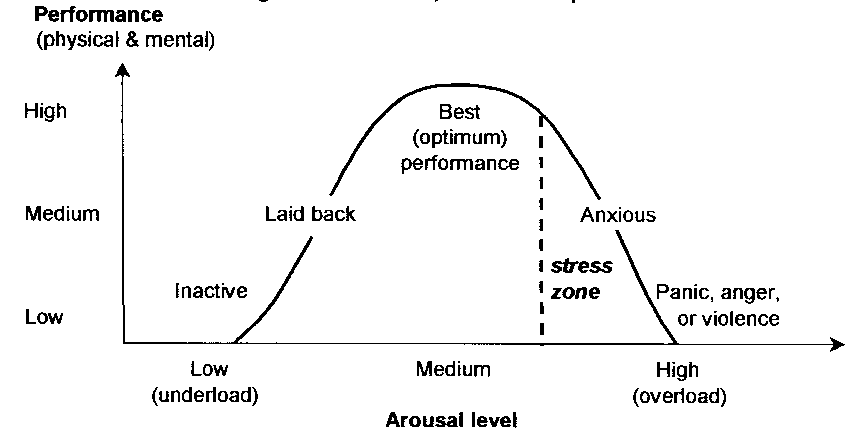November 28
|
How to be the best: Part 2 |
| Follow @chostetler15 Tweet |
To start this Schaudt Out off, I want to apologize for the delay between blog posts. Today I’m talking about the second aspect of how to become the best in your sport. Every great athlete shares character traits that differ them from “normal people”. In the first post I talked about elite athletes predicting the unknown. Here is the next characteristic…
2) Managing anxiety
If you are an athlete, you have anxiety. High school and collegiate athletes must handle the anxiety from academics and athletics. Professional athletes must handle the anxiety of money, either money in the game, money for themselves, money in the team, etc. How you handle the stress is an intrinsic quality that can separate you from your opponent. Unfortunately the blood, sweat and tears you put into off season training can be too easily negated by a mental meltdown on the competition field.
It would be unnatural for an athlete to not feel some level of anxiety during competition. Luckily (and ironically) anxiety can actually benefit your performance if properly dosed. Think of it as medicine…take too little and you are going to stay sick, take too much you are going to get sicker, and take the right amount and you will get healthy.
This is based off of the inverted-U hypothesis (Broadhurst 1957; Hebb 1955) stating that anxiety arouses athletes and a certain amount of arousal creates optimal performance (see “get out there and get hormonal” Schaudt Out). The inverted U is used as a visual representation because at a certain point in the arousal stimulation (the pinnacle of the U) the arousal will begin deteriorating the athlete’s performance. Too little arousal and the athlete would not be stimulated enough for optimal performance and too much arousal causes too much stimulated for optimal performance.
This beautiful ratio of arousal is incredibly individualistic, yet important. In my observation, athletes who grew up in second place typically master this ratio quicker than their more talented first place peers. The athletes consistently in first seem to eventually become under stimulated from being first too many times or overstimulated by the pressure to maintain their first place position.
If you find yourself in one of the categories just mentioned, medicate appropriately. Talk to your coach or a sports psychologist about ways to pump yourself up or calm yourself down. Managing anxiety allows you to #TrainBIG to be the best athlete you can be.
Schaudt is out!

